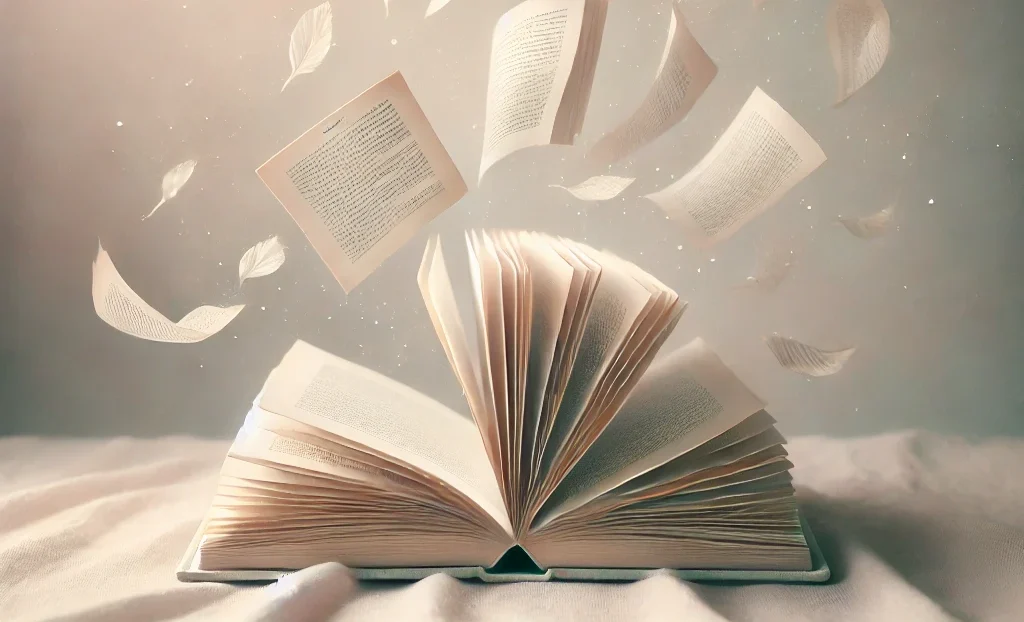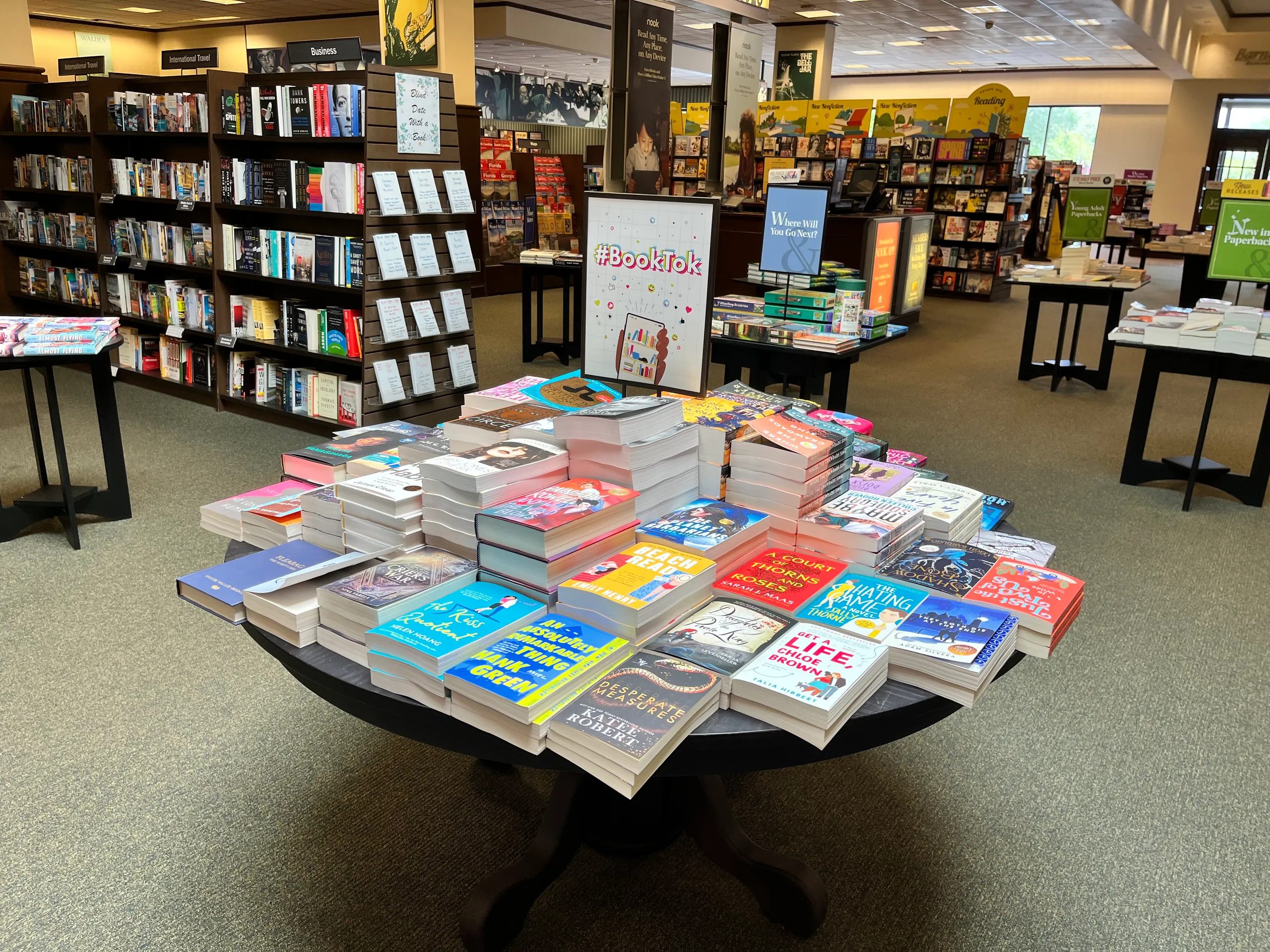By Mariam Karagianni,
One of the earliest joys I found in life, at the ripe age of four or five, was reading books. From the tales of the Brothers Grimm to classics like Little Women or The Great Gatsby, there was little a good book couldn’t do to relieve my stress and immerse me in a fantastical trance for a few hundred pages. However, one cannot spend their life exclusively revisiting literature from centuries ago. But with contemporary authors, there is inevitably (with few exceptions) the same problem —literature is no longer treated as a craft that writers hone and edit with care. Publishers, in turn, care little about ensuring that only the finest works make it to print. Instead, the market is oversaturated with work that is mediocre at best, easily forgotten (or worse, mistaken for another), all because this entire industry prioritizes marketability and virility over quality.
Obviously, since the invention of published literature, there have been eras of literary mediocrity and dryness. However, the current publishing landscape seems to be growing more dire as time passes. The most obvious reason for this is how literature has been reduced to mere online content. Let me explain. Think of James Joyce’s Ulysses, Dante Alighieri’s The Divine Comedy, or Leo Tolstoy’s War and Peace. Though these works were written in vastly different times, they share common traits. None of them were written in mimicry of others; they were crafted to challenge and provoke their readers, to endure the passing of time. Joyce, Alighieri, and Tolstoy did not follow trends or copy formulaic writing for the sake of fleeting relevance —something contemporary authors struggle to refute.

With the rise of the internet, e-books, and apps like Kindle, books are no longer cultural investments but products marketed and sold with mass appeal in mind. As a result, they are briefly skimmed through, hyped up for no apparent reason, given four, or five-star ratings on Goodreads, and then inevitably forgotten in a digital library. We live in an era where books are judged by their covers —literally. Aesthetic appeal, catchy titles, and exaggerated yet repetitive tropes have become BookTok’s (the TikTok subculture focused on literature) favorite activity. Statistically, it has increased book sales and readership, but at what cost? I would argue that BookTok is turning the publishing industry into a sort of fast fashion: buy a lot —even if the quality is offensively low— then buy again. And again.
Once upon a time, it was commonly accepted that an author could take years —decades!— to complete a work. After all, art takes time to create and refine. However, with self-publishing (which makes it all too easy for anyone to see their work in print) and the publishing industry’s pressure to release massive amounts of books yearly, oversaturation has become a major problem. Among the flood of new releases, not all can be good —not even conceptually. The biggest and most important casualty of this industry shift? Editing. Classics underwent rigorous editing processes that took months, with manuscript revisions and skilled editors ensuring their polish. And even then, minor typos could still be found. Now, however, with publishers constantly rushed, the final product often feels like a better version of a rough first draft rather than something that should be displayed at Barnes & Noble. Plots lack depth, errors are as frequent as those in a high school essay —written by a sixteen-year-old.
While Twilight is not exactly the best literary example, it does make a perfect case for one key point. The usual criticism the series receives is its excessive use of “purple prose” —elaborate, excessive, and poetic language in descriptions. Many consider this a flaw, something tiring and even (!) unnecessary. While overuse can be problematic, I’d argue that lyrical writing is exactly what makes books an enjoyable experience. Through it, Bella Swan’s character is given depth, and the reader can vividly imagine the world around her. Compare that to today’s fiction: stripped-down, minimalistic language and fast pacing are efficient —yes, for a medical textbook. But not for genres meant to transport readers to other worlds. Overly simplified dialogue and a toddler’s vocabulary are jarring in storytelling. What would Heathcliff’s monologue —professing his love to a dead Catherine— be without its dramatism? Another forgettable two-liner among countless others.

To make matters worse, it seems that many authors now cater to fan service more than they construct their own narratives. They chase trends, searching for the most popular tropes and building stories around them. For fantasy, this often means a brooding, morally grey male character, a quirky but shallow female protagonist, and an inevitable enemies-to-lovers arc with awkwardly forced tension (often with no logical reasoning for their enmity). Clichés cannot be wholly avoided, but today’s writers rarely attempt fresh takes. Instead, they fall back on predictable, eye-roll-inducing executions with shallow characters and unconvincing dynamics. But since that’s what’s popular, it keeps books relevant —for as long as the internet’s memory lasts, which isn’t long.
Despite my rather pessimistic views on modern literature, there are still contemporary authors with distinct writing styles who refuse to compromise for the sake of marketability. My favorites include Donna Tartt, Ocean Vuong, Arundhati Roy, Haruki Murakami, and Ottessa Moshfegh —all proof that fiction can still be a beautiful blend of lyricism, complexity, and deep emotional resonance without sacrificing sales and engagement. The unfortunate reality is that they are the exception, not the rule.
I believe change must start with us, the readers. If we don’t want challenging books that linger in our minds to become a niche rather than the standard, we must demand better. The industry thrives on our consumption. If we want more meaningful literature, we must seek it out, celebrate it, and reject disposable fiction on a large enough scale to make a difference.




